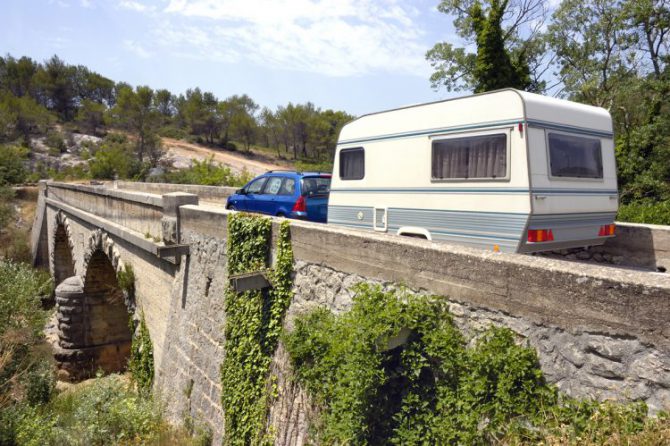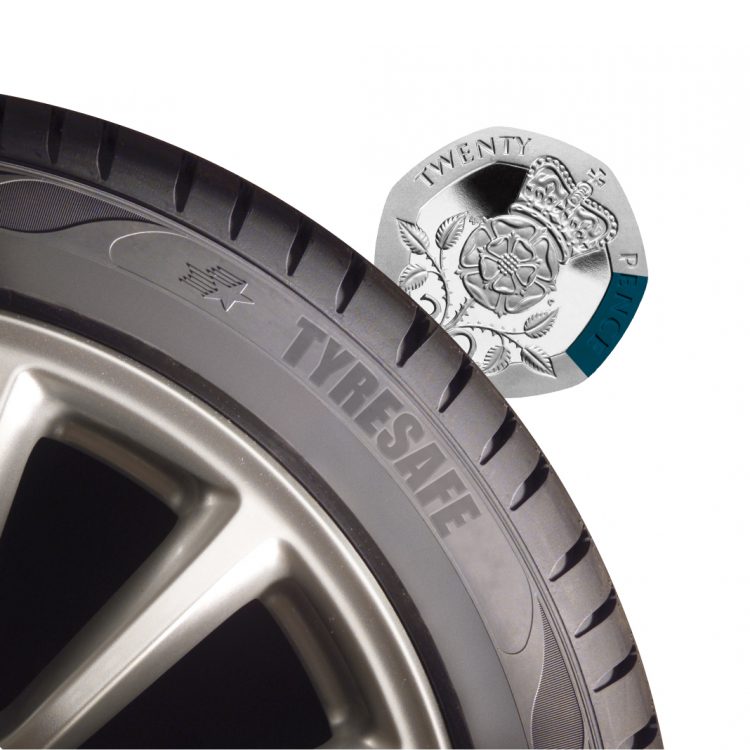
Nearly half of towing related crashes happen in summer (Picture © TyreSafe)
Thousands of the drivers who tow caravans and trailers will end up being stranded by the roadside this summer. According to figures from the Highways England, there were nearly 5000 towing-related incidents in 2013 with almost half happening between July and September.
The primary causes of accidents and breakdowns include overloading the caravan or trailer, a mismatch with the towing vehicle, burst tyres and poor towing technique. Highways England spokesman Andy Withington said: “We encourage anyone towing during the holiday season to prepare before they set out and take a few simple steps once they are on the road to avoid becoming involved in an incident.”
Highways England’s advice is to:
• Carry out a full maintenance check on the caravan or trailer before setting off, particularly if it has been unused over winter
• Pay particular attention to the condition and pressure of the tyres on both the towed and towing vehicle. Look for cuts, lumps and bulges in them and check their tread depth
• Check that loads in the towed and towing vehicle are secure, that the weight is evenly distributed and not excessive
• Be aware of how towing affects the vehicle’s performance – particularly braking distances
• Use extended mirrors when towing wider trailers, such as caravans, to ensure clear and legal visibility of the trailer and of other vehicles on the road
• Check they have an appropriate driving licence for the vehicle and trailer combination
• Know the correct speed limit for the vehicle and roads
• Make sure they have proper breakdown cover in place
Caravan insurer Caravan Guard revealed that while tyres are vital to road safety, recent studies show that 29 per cent of touring caravan claims were from drivers who had hit immobile objects such as walls, lampposts and gateposts when manoeuvring or reversing their caravan. While these incidents happen at low speed, they can end up costing owners dear: the average reversing repair leads to a claim of £1,819.
The Caravan Club, for whom Green Flag is official breakdown cover provider, added that drivers should follow the POWDERY guide:
Petrol (or diesel): do you have enough and know where to fill up?
Oil: Check your level once a month
Water: Check coolant and screen wash regularly
Damage: Check wipers and lights for signs of damage
Electrics: Check that lights, indicators and other controls work properly
Rubber: Are tyres at the right pressure and do they have the legal tread depth
You: Are you sufficiently rested, in good health and fit to drive?

Tread deep enough if rim of 20p piece isn’t visible (Picture © TyreSafe)